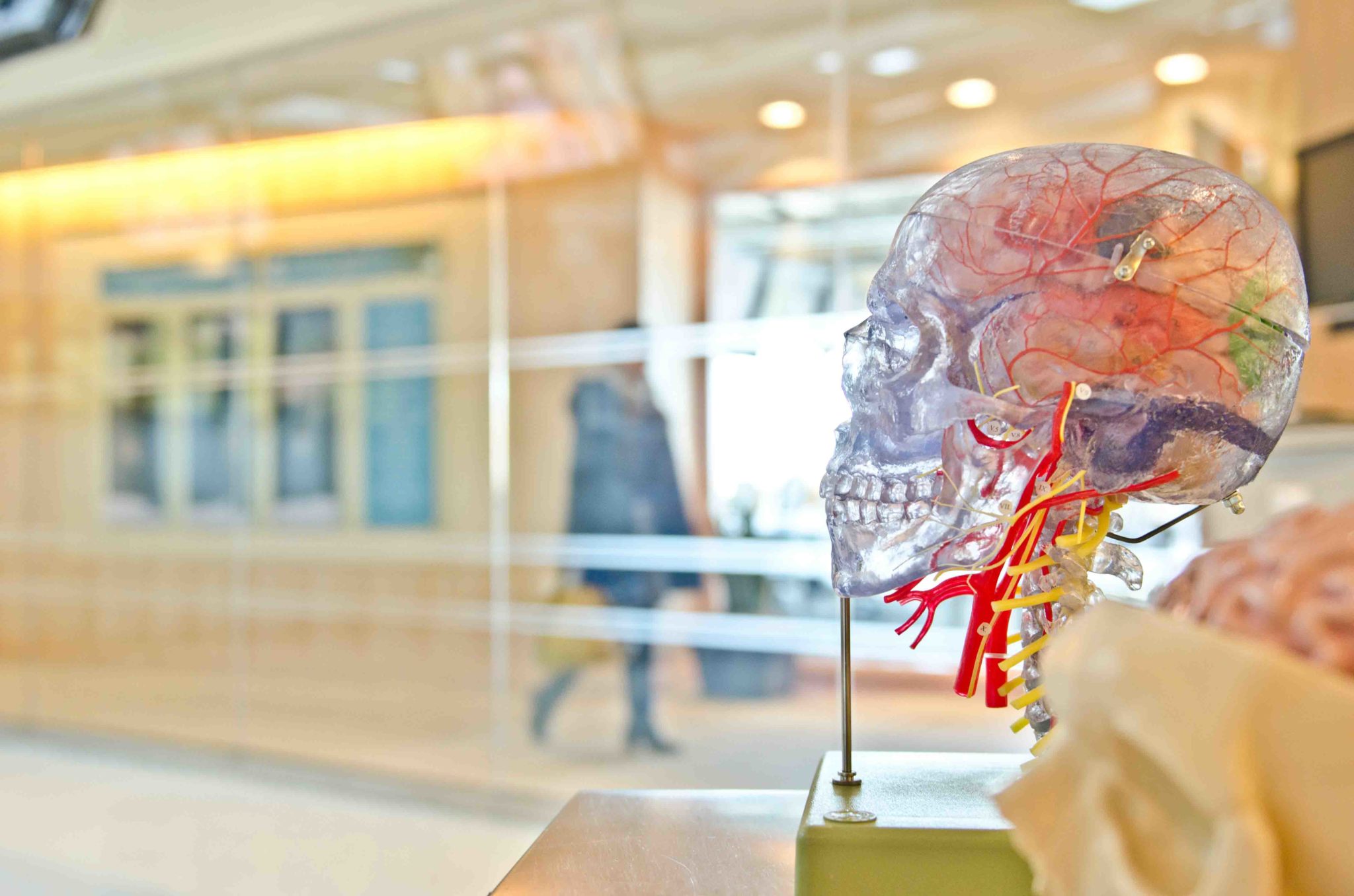
Courtesy of Unsplash
Months after the University Science Strategy Committee, also known as the USSC, identified neuroscience research as one of the University’s investment priorities, Yale is finalizing plans to establish a centralized neuroscience institute at 100 College St. — a 14-story facility that formerly housed the headquarters of Alexion Pharmaceuticals, Inc.
University President Peter Salovey told the News last week that Yale has “done a lot of planning for a neuroscience institute that sits between the main campus and medical campus.” The University has the former Alexion building “in [their] sights” and is in the process of identifying individuals who would sit at the helm of the institute, Salovey explained. Last November, the USSC recommended the creation of the Yale Neuroscience Institute, which would bring together Yale’s various neuroscience faculty and their facilities.
“I anticipate it will become an intellectually vibrant home for the study of neuroscience from molecules to the mind, a center for understanding and developing treatments for mental and neurodegenerative disease, and a center for understanding and improving human cognition,” said Vice President for West Campus Planning and Program Development Scott Strobel, who chaired USSC, in an email to the News.
According to Salovey, the full Yale Corporation met in June about “the significant progress made this year in the area of multidisciplinary neuroscience.” He added that Strobel has been spearheading the effort to bring together scientists from several departments in the medical school, several departments in the Faculty of Arts and Sciences and elsewhere throughout the University.
According to the criteria outlined in the USSC report, the home of the neuroscience institute must include enough space to accommodate 35 to 40 laboratories, as well as meeting spaces and animal housing facilities. While the former Alexion building is not big enough to house all of the neuroscience scholarship taking place at the University, Strobel said it will provide a home base, with a dedicated research complex and room for new hires.
The announcement comes as a relief to some Yale professors, like Molecular, Cellular and Development Biology professor Haig Keshishian, who have complained about the lack of space historically dedicated to the field.
“Neurobiology has always been at the short end of this need and they’ve had this long-lasting need,” he said. “The campus needs more research space.”
But the consolidation may have drawbacks. Keshishian said the department’s current status — spread out across almost the entirety of Yale’s campus — comes with some advantages. Neuroscientists embedded in the psychology or molecular, cellular and developmental biology departments help foster intellectual interactions that “really enhance the work those people are doing,” he said.
Keshishian gave credit to this diversity when he added that Yale’s doctoral program is “among the very top ones in the country.”
But Strobel said that when he served on the USSC, his committee heard from all sides of campus that the neuroscience field is “underperforming” at Yale because of a lack of dedicated space.
“The 100 College [St.] space offers the opportunity to concentrate many in the neuroscience community into a [dedicated] location,” he said. “The new space will improve Yale’s standing in research.”
Its open floor plans and proximity to other Yale science buildings will also help boost collaboration, said Strobel, whose lab is in West Campus.
Neuroscience professor Ifat Levy currently works at the Brady Memorial Laboratory, next to the Yale School of Medicine. Her office, she wrote in an email to the News, is far from those of her colleagues in the field and “is not ideal” for human subjects.
She could possibly move to the building on College Street — just a short walk away — pending the University’s development of the final layout and relocation plans. Levy’s work with the psychology department has helped her and her students learn from each other, she wrote. However, she does not see that kind of collaboration ending with a potential move.
“It will allow easier sharing of resources, interdisciplinary training of students, much more conversation and [the] generation of new ideas,” she wrote. “In principle I certainly support the idea of a centralized neuroscience institute.”
Alexion announced it would be leaving the 100 College St. building in 2017, after moving back to New Haven the year prior.
Matt Kristoffersen | matthew.kristoffersen@yale.edu
Serena Cho | serena.cho@yale.edu







